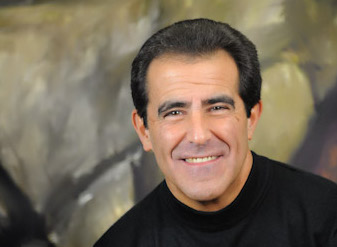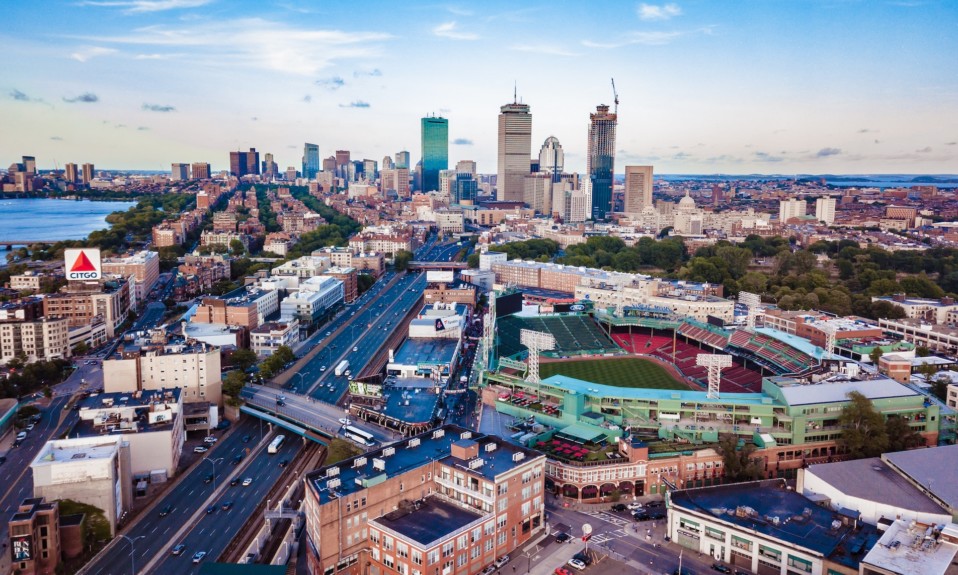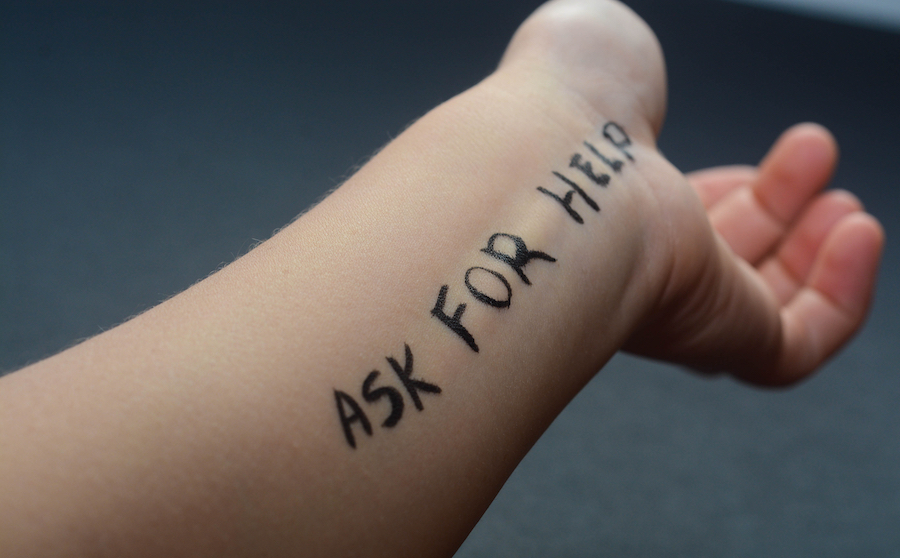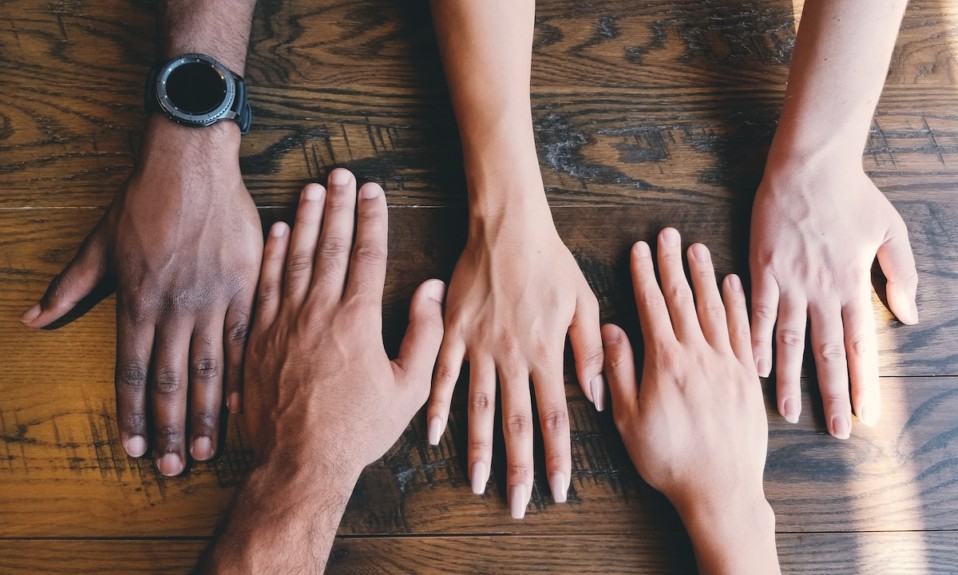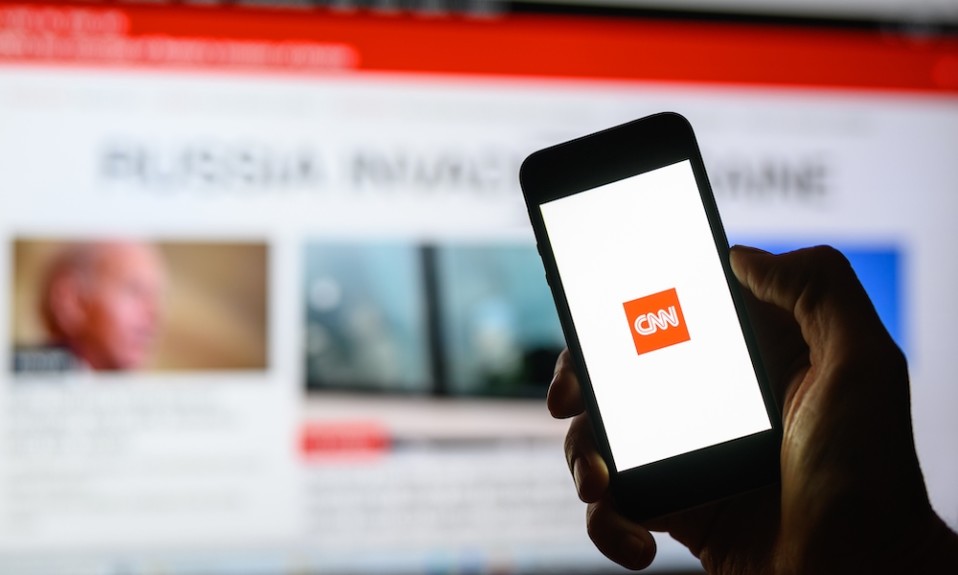Faust Ruggiero’s The Fix Your Anxiety Handbook provides straightforward strategies for maintaining sound mental health
By Jenny Diedrich
Author, clinical trainer and therapist Faust Ruggiero’s newest book, set for publication this fall, tackles one of the country’s biggest mental health challenges: anxiety.
The Fix Your Anxiety Handbook is a product of more than 20 years of Ruggiero’s research and practical counseling application. The book offers a straightforward, methodical way to overcome anxiety, with exact steps people can easily make part of their lives. His first book, The Fix Yourself Handbook, received three literary awards and is available in paperback, as an e-book and as an audiobook.
A therapist in private practice for over 30 years who is now based in Pennsylvania, Ruggiero, MS, says anxiety, anger and substance misuse are at an all-time high as a result of a challenging several years before and during the pandemic.
“Panic attacks are up anywhere from 30 to 40 percent,” he says. “When I started counseling years ago, maybe 5% of people had either anti-anxiety or antidepressant medicines. Now it’s more like 70%. The key factor is to get to what’s causing the anxiety and help people work through that so they’re not expressing themselves with anger and violence and going into substance abuse.”
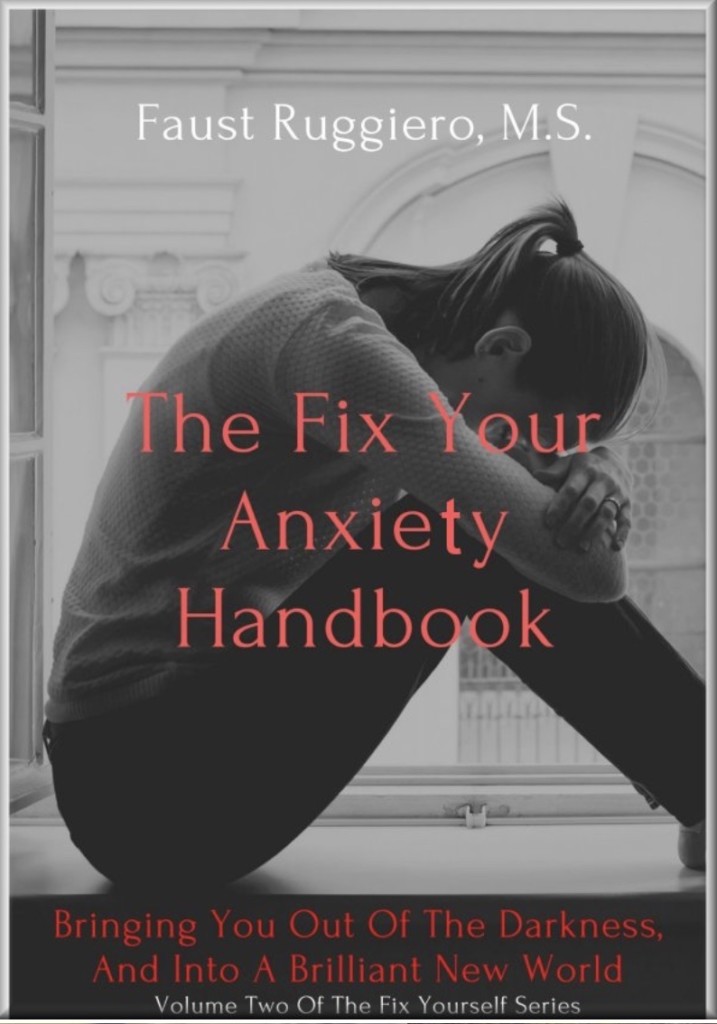
TreatmentMagazine.com recently talked with Ruggiero about the steps to manage anxiety, how his book can help and why such a resource is so needed right now.
Q. Tell us about your background.
A. I’m a psychologist and graduated from college in 1979. I started doing the job thing and worked in a lot of different places. I wanted a very diversified background. I finally went into private practice about 32 years ago after working in prisons and clinics. I’m still seeing people and have done a lot of work with anxiety in all levels—adults, adolescents and kids.
Q. Can you summarize your newest book?
The book is the second of a seven-part series on different topics. The first was a foundation book, The Fix Yourself Handbook. That was 36 chapters on all kinds of subjects. For the second book, we looked at anxiety, because it’s gotten so bad. The way I write is to put together an approach that is informational, and then I really go into what people need to do on the various topics. We’ll go through the physio components, the emotional things and the things we do that hurt us. I put them in the book just like I do in a counseling session. I educate the [readers], and then my goal is to teach them exactly what they need to do so they can take those steps and apply them in their lives.
Q. Why is The Fix Your Anxiety Handbook a valuable resource?
A. The book is really what we do in a counseling session. You’re going to get all the information you need. I’ve put it out there in terms everyone can understand. There are 21 chapters of various topics about anxiety, and at the end of every one of them are the steps to correct the problem. I write everything I do as a journey. They’ll come in feeling horrible and conflicted and confused, and I bring them through that. All of [the chapters] have an eventual arrival point, which is happiness, productivity, increased social interactions. Everything is designed to get to a goal, which is what I do in a counseling situation.
Q. What’s the first step in addressing anxiety?
A. I talk about anxiety being primarily a physical condition and helping people get their bodies healthy. If they do what they need to do, then their bodies are strong enough to begin to fight anxiety off. What I preach in everything I do is getting the body healthy on a daily basis. For example, getting a schedule in your life, get up at the same time and go to bed at the same time if you can. Get caffeine-based things out of your body. Get a nutritional program that is going to nourish your body. Get away from the things that are feeding the anxiety demon. Get away from substance abuse and overworking your body. These are things people can do very easily every day.
Q. And how about the next step?
A. Then we want to get into how anxiety moves into the emotions and how we overreact, how we get into what I call a very autopilot way of living. We start doing the wrong things over and over again. We start looking for outside reasons for why the anxiety is in our lives. It’s an internal thing and a physical thing. That’s where it starts. There are outside reasons, but they’re not the primary driver. Some people will go through tremendous stress in the lives, but they don’t get anxiety like this. For other people, their bodies just react. Let’s treat this as a physical condition that needs to be addressed.
“What I want [people] to see is there is hope, and there’s a path. If you follow this, you are going to feel better, but it’s going to take some time.”
—Faust Ruggiero
Most people have tried many things hoping they’re all going to work. Then they go the medicine route, and that will treat the symptoms but it will never get to the cause. We always want to get to the causes. I’ll go into the family history. I will go into how they react emotionally. We’re seeing around the country an increase in emotional reaction. Something happens, and everyone reacts emotionally. That quick emotional reaction actually intensifies the anxiety mechanism.
Q. Can people suffering from anxiety have trouble getting themselves to take these steps?
A. The thing about anxiety is it has such an impact on the way we are physically that there’s often a depressive component with it. You burn out for a while, and then you get depressed. What happens on an intellectual level is that it’s kind of like the mind implodes. You can’t organize anything. You can’t execute anything because as soon as you do, it increases the anxiety. I’m going to try this, but doing that makes me feel more anxious, so then I do nothing. Then when I do nothing comes all the shame and the guilt.
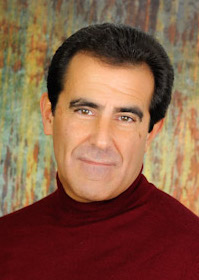
It’s a process. What I want [people] to see is there is hope, and there’s a path. If you follow this, you are going to feel better, but it’s going to take some time. And it is something you’re going to do the rest of your life. This is not, “Let’s get the anxiety out of the way and go back to your life.” Your life is what caused this. If you commit to that and you’re willing to do this every day, things do get better.
It’s no different than with any other condition. If we’re dealing with a person with an addiction, we’re not going to say we’re going to put you in a rehab for 30 days and then you come out and you’re cured. It’s a recovery process, and life must change. What I’m giving people is a program to follow.
Q. Are substance abuse and anxiety often connected?
A. Since [anxiety] is physical, we look for quick fixes. We’re a pill society. I have a headache, and I take a pill. Docs are quick to prescribe Ativan and Xanax and things like that. People are taking those and are assuming things are going to get better. They don’t, and they look for other things. I’m seeing a huge increase in marijuana, and people think they won’t become addicted.
I am seeing increases in problematic behavior. We’re seeing less involvement in relationships and more people isolating than ever before. What started with an anxiety problem is now an addiction problem. Those of us who work in addiction know that once you get into addiction, anxiety increases. Now I’m not just seeing anxiety but dependence on substances.
Q. Why is this the perfect time to release The Fix Your Anxiety Handbook?
A. When we look at what’s happened in the nation … we had George Floyd and an election that went all over the place. We had the pandemic, and isolation because of that. Substance use increased. We are seeing a lot more anxiety turn into anger and violence. If we attack the anxiety, we’re really attacking the foundation and initial cause for all of these things.
“We’re seeing a lot more violence in schools. Now they’re back to school full-time, and everyone is out of sync. I deal with 10 school districts, and every one of them is up in violence about 30%.”
Since we have an increase in anxiety, we’re going to have more anger. We’re seeing a lot more violence in schools. Now they’re back to school full-time, and everyone is out of sync. I deal with 10 school districts, and every one of them is up in violence about 30%. The key factor is to get to what’s causing the anxiety so people are not expressing themselves with anger and violence and going into substance abuse.
We almost always think about adults and anxiety, but kids have exactly the same things. We’ve got to start treating anxiety when kids are young. They’re telling parents they have it through all different kinds of signs—isolation, anger, difficulty completing tasks. Like any other condition, if we can get to it when kids are young, they’re more knowledgeable when they get older and become people who are willing to seek help. If we start it young, the advantages are so wonderful.
Photos: Eileen Noelle


